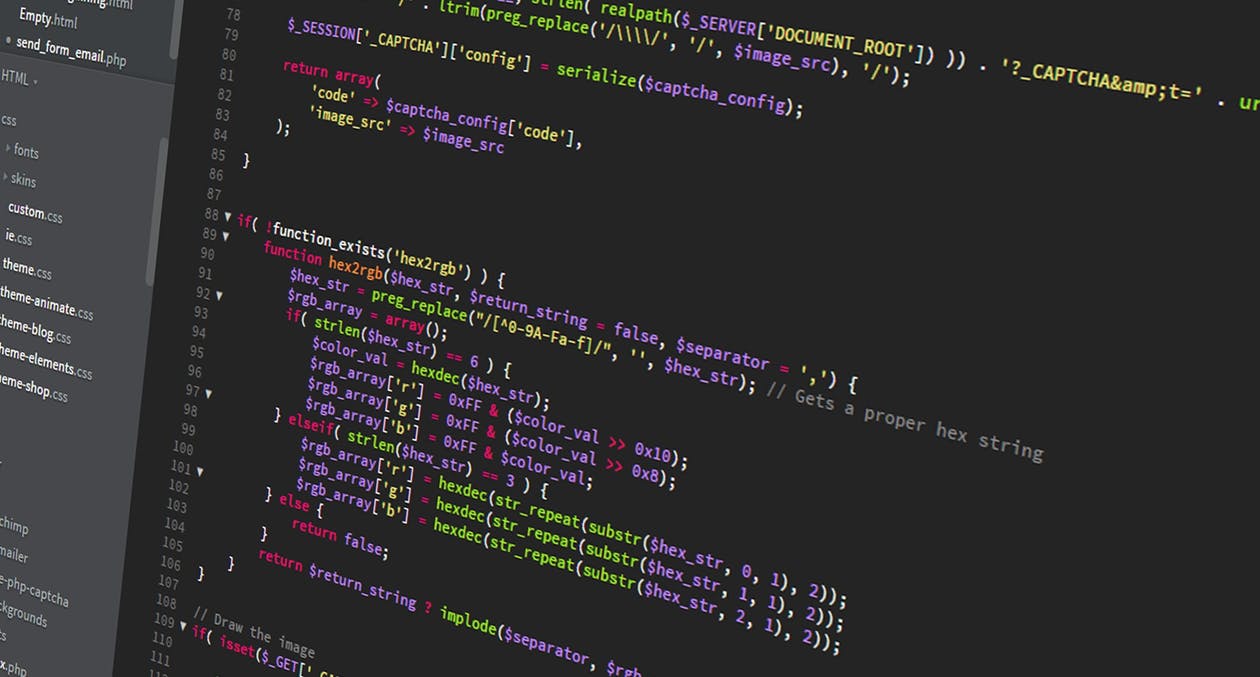
AlphaCode improves upon Codex, a method introduced in 2021 by nonprofit research center OpenAI, which had previously set the bar for authoring AI code. The lab has already created GPT-3, a "big language model" that has been trained on billions of words from digital books, Wikipedia articles, and other text webpages. GPT-3 is good at mimicking and reading human text. OpenAI developed Codex by fine-tuning GPT-3 using more than 100 terabytes of code from the Internet software repository Github. When given a commonplace description of what it must accomplish, such as counting the vowels in a string of text, the program may generate code. But when faced with challenging tasks, it performs poorly.
The developers of AlphaCode concentrated on resolving such challenging issues. They began by feeding a big language model several terabytes of code from GitHub, similar to the Codex researchers, only to get it acquainted with coding syntax and norms. Then, using tens of thousands of issues gathered from programming contests, they taught it to convert problem descriptions into code. A problem may, for instance, ask the software to count the number of binary strings (sequences of ones and zeros) of length n that don't include any consecutive zeros.














